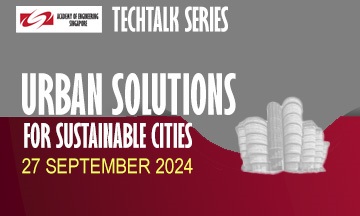Living in a plastic world: tackling plastic pollution
Plastic waste in the environment releases toxic compounds, traps wildlife and alters natural habitats. Tiny plastic particles called microplastics have also been linked to severe health complications when consumed.
However, only about 10 per cent of plastic is currently recycled. This is because a lot of energy is required to break down plastics. Some types of plastic are also hard to recycle.
To reduce plastic waste, NTU researchers have found new ways to reuse plastics. They have repurposed e-waste plastics into structures for culturing “mini tumours” that can be used to test cancer drugs.
NTU scientists have also converted hard-to-recycle plastics into polymer foam for cushioning applications and used light to break down plastics into useful energy-storage compounds.














/enri-thumbnails/careeropportunities1f0caf1c-a12d-479c-be7c-3c04e085c617.tmb-mega-menu.jpg?Culture=en&sfvrsn=d7261e3b_1)

/cradle-thumbnails/research-capabilities1516d0ba63aa44f0b4ee77a8c05263b2.tmb-mega-menu.jpg?Culture=en&sfvrsn=1bc94f8_1)





.tmb-listing.jpg?Culture=en&sfvrsn=873293d6_1)